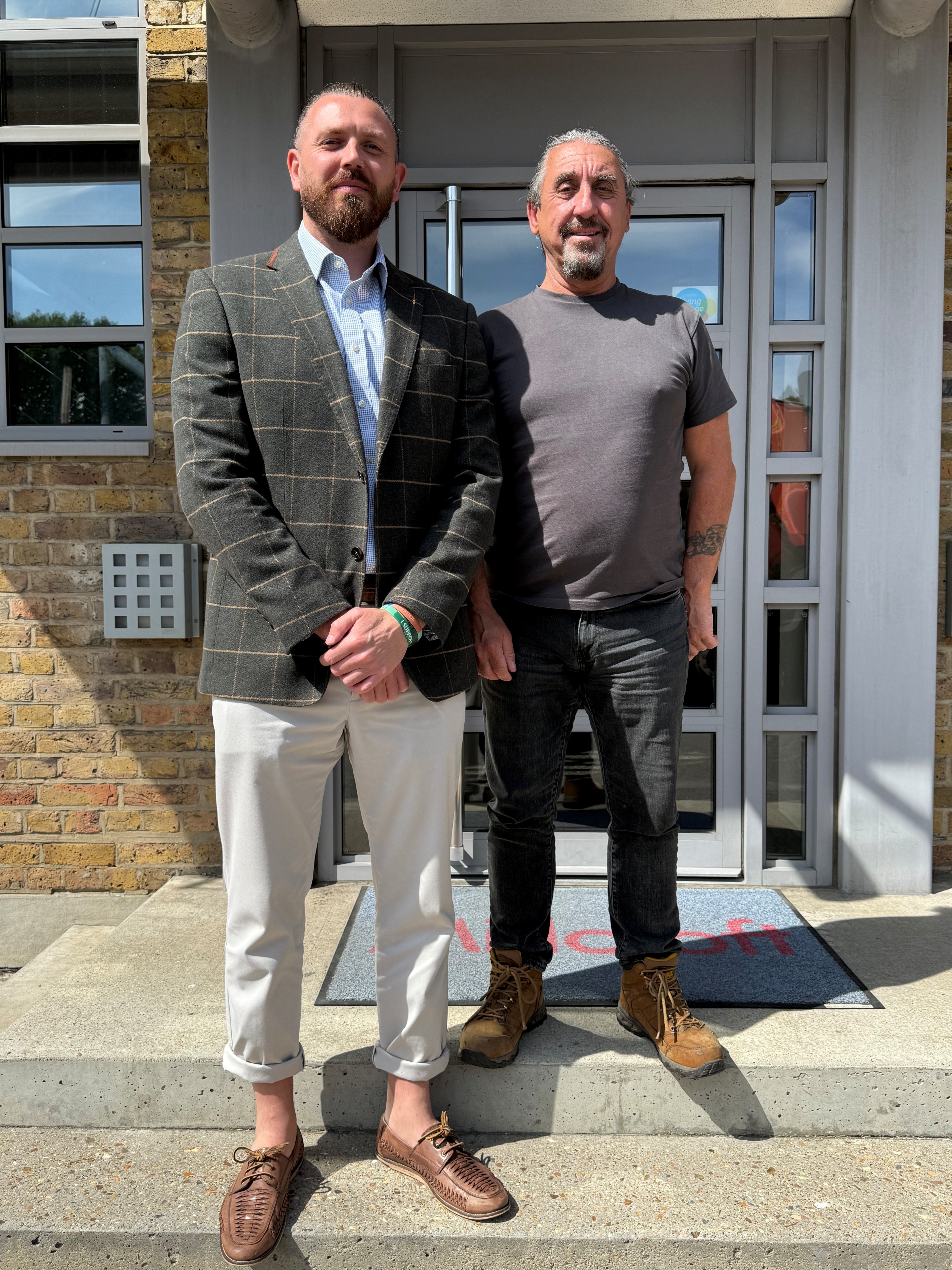Mental health in construction has long been a silent crisis. But that’s changing, and Millcroft is determined to be part of the solution.
Behind the hard hats and early starts, many workers face unseen battles. According to recent research, 73% of construction workers in the UK have been affected by mental illness, with the sector recording over 7,000 suicides in the past decade. Worryingly, a construction worker is four times more likely to take their own life than the national average.
Long hours, financial pressures and a traditionally stoic work culture have created a perfect storm for poor mental health. In the past, workers often felt they couldn’t speak up. Employers didn’t always ask.
Millcroft’s proactive approach
Mental health has always been something we take seriously and is central to our employee wellbeing. We know that we’re not experts on this critical matter, so we support our employees by directing them to professional organisations and advice centres. But we recognise the severity of the crisis. As part of our commitment to improving wellbeing in the workplace, we are investing in mental health training for our team.
Darren Hayward and Mark Stimpson are among the first to complete the St John Ambulance Mental Health Awareness course. This comprehensive course provides learners with a deeper understanding of mental health and how to be more empathetic and supportive of colleagues experiencing mental ill health in the workplace.
The course covers essential topics, including understanding mental health and mental ill health, common mental illnesses, the importance of empathy in communication, addressing stigma, and the benefits of creating a positive mental health culture.
For Senior Contracts Manager, Darren, the training struck a chord, and several key aspects stood out, particularly the national suicide statistics among young men in construction. “The training taught us to look out for changes in a person’s behaviour, not just negative signs,” he explains. “Often, a person can become overly positive to hide poor mental health. We learnt to ask if they’d like to talk, but crucially, not to attempt to diagnose them. We offer a supportive ear and basic advice but always try to refer them to a professional.”
The training has already proved valuable in practice. Both Darren and Mark have used their skills and knowledge to support team members during periods of challenging mental and physical ill health. “Having the training to firstly identify signs of poor mental health is arguably the most impactful phase of a person’s journey to better wellbeing,” says Darren.
Operations Director, Mark, who works closely with our teams on high-profile projects, sees the training as essential for the modern workplace. “People are under pressure and suffer from stress these days. Demands are higher, and finances are difficult,” he explains. “ I want to help and let our teams know they can come to me if they’re struggling.”
Both Darren and Mark are now progressing to the next level of training, advancing from Mental Health Awareness to Mental Health First Aid. This will enable them to provide basic practical help in the first instance while still pointing the individual to more qualified, professional support.
Supporting our workforce
By raising awareness and sparking conversations, we aim to cultivate a culture where no one suffers in silence.
“Mental health is just as important as physical health,” Darren concludes. This training is a step towards making the workplace safer, more compassionate and more supportive for everyone.”

